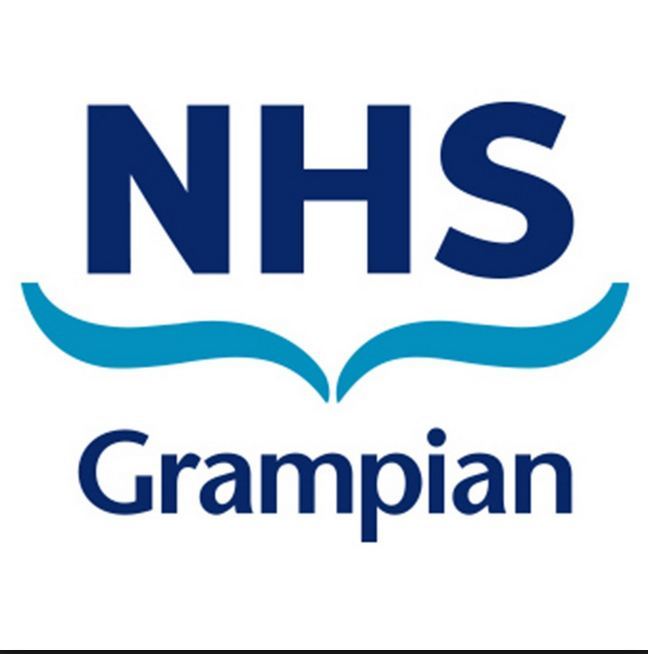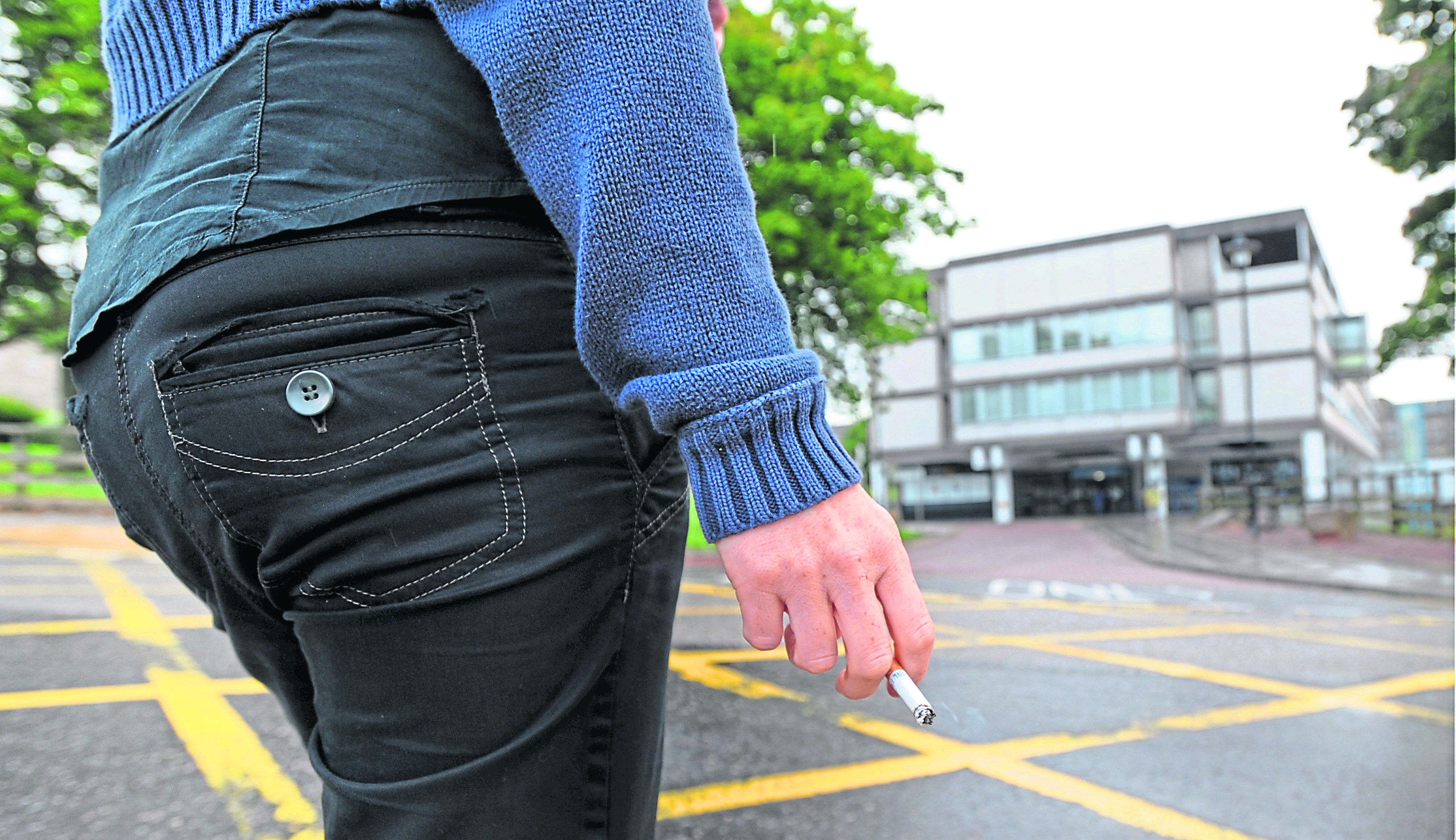NHS Grampian has prepared a special task force composed of key members of the health board’s leadership to deal with the potential impact of Brexit.
The health board has prepared a “Senior Leadership Team”, featuring its directors of facilities and estates, finance, pharmacy, and the interim operational director of workforce to support the development of contingency plans for when the UK leaves the EU next year.
The team has been put together to assess the risks posed to areas such as staffing, treatment access, regulation, and research.
Yesterday at a meeting of the health board, the potential implications of Brexit were discussed before members agreed to move forward with preparations for March 29.
An NHS Grampian statement said: “While the impact on health and social care services of leaving the EU is impossible to forecast, it is clear than a number of important issues will need to be resolved.
>> Keep up to date with the latest news with The P&J newsletter
“In terms of preparation, all NHS Boards have been tasked with considering EU withdrawal issues, alongside other factors, which could potentially impact on business continuity, and make use of existing resilience planning agreements.”
One key area the team will assess is the effect of Brexit on staffing levels.
The statement added: “The EU’s policy of freedom of movement and mutual recognition of professional qualifications within the EU means that many health and social care professionals currently working in the UK have come from other EU countries.
“This includes 55,000 of the NHS’s 1.3 million workforce, and 80,000 of the 1.3 million workers in the adult social care sector.
“It is widely acknowledged that NHS Grampian continues to face challenges in a number of key areas regarding the recruitment and retention of permanent staff, and that similar problems and challenges exist in the community and social care sector.
“Until the UK extracts itself from its obligations under EU treaties, the policy on freedom of movement remains unchanged.
“However, given the current shortfalls being experienced in both the health and social care sectors, it will be important there is clarity on the ability of EU nationals to work in health and social care roles in the UK, not least to avoid EU staff who are currently working in the NHS deciding to leave to work in other countries.”
Stubbing it out
The smoking cessation service at NHS Grampian has the highest quit rate of any health board in Scotland.
NHS Grampian’s Smoking Advice Service has a team of eight advisors working to help people who are addicted to cigarettes.
Local support is available across the region.
Health boards across Scotland set out targets for smoking cessation in 2017.
In board papers released this week, it was revealed that Grampian’s specialist smoking cessation service had the highest quit rate in Scotland, with 72% of people using the service quitting in 12 weeks or less.
This compared to the far lower figure of 30% nationally.
And community pharmacy smoking cessation services achieved a 12 week quit rate of 26% compared to 18% nationally.
As a result of the success, more public funding has been allocated to support curbing smoking rates across Grampian.
Board papers also showed that HMP YOI Grampian had the highest quit rate of all prisons in Scotland.
Although the 12-week quit rate fell to 49% from 60% the previous year, this compares well to an overall quit rate of 22% across Scottish prisons.
To utilise NHS Grampian’s Smoking Advice Service, or for general information, call 08085 20 20 30 or e-mail: grampiansas@nhs.net

